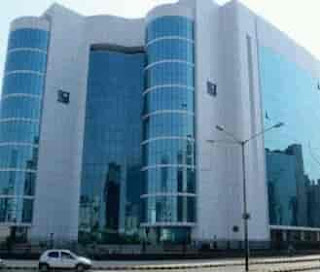RBSE 12 Economics Top 30 important questions
Micro Economics
RBSE 12 Economics Top 30 important questions www.iemsnet.com
- Explain central problem of economy.
- State and explain law of diminshing marginal utility.
- Explain the concept of indifference curve with its properties.
- State the difference between movement along a demand curve and shift in demand curve.
- Explain the difference between(a) subsitute goods and complementry goods (b) Normal goods and inferior goods.
- State and explain law of demand with shedule and diagram.
- What is price elasticity of demand and explain various method for measuring price elasticity of demand.
- Explain various factor which determine price elasticity of demand.
- What are the factor responsible for shift in supply curve and how tax,subsidy and technology effect supply curve
- State and explain concept of production function and difference between short run and long run production.
- State and explain law of variable proportion.
- Expain short run cost.
- What is meant by firm equilibrium.Explain firm equilibrium with the help of MR MC approach.
- Describe the charcterstics of perfect competition.
- What is product differentition and how it is done.
RBSE 12 Economics Top 30 important questions
Macroeconomics
- State (a) Stock and flow (b) consumer goods annd capital goods (c) final goods and intermediate goods (d) Gross investment and Net investment.
- Explain the concept of National Income.
- What are the diffrent method of measuring national income.
- Explain the relationship between economic welfare.
- Explain function and importance of Money.
- Explain the process of credit creation of commercial bank.
- Explain the function of central bank.
- State the difference between central bank and commercial bank.
- Explain Macro economic equillibrium.
- Explain four measures taken by govt to control inflation and deflation in economy
- Explain four measures taken by RBI to control inflation and deflation in economy.
- State the objective of govt budget
- State the difference between (Revenue and capital reciept (b) revenue and capital expenditure.
- Explain the concept of budget defcit
- Explain international trade and why it is needed.also state how foreign exchange rate is determined.

for cbse top 20 questions visit https://www.iemsnet.com/2020/01/cbse-12-macroeconomics-top-20-important.html?m=1





Comments
Post a Comment